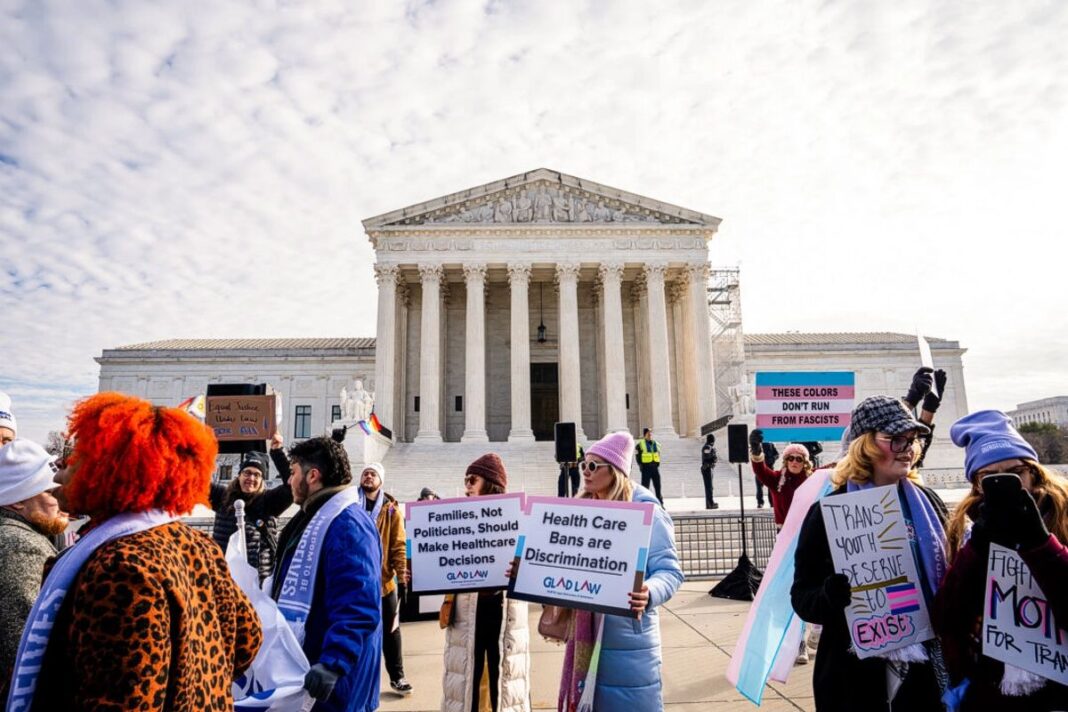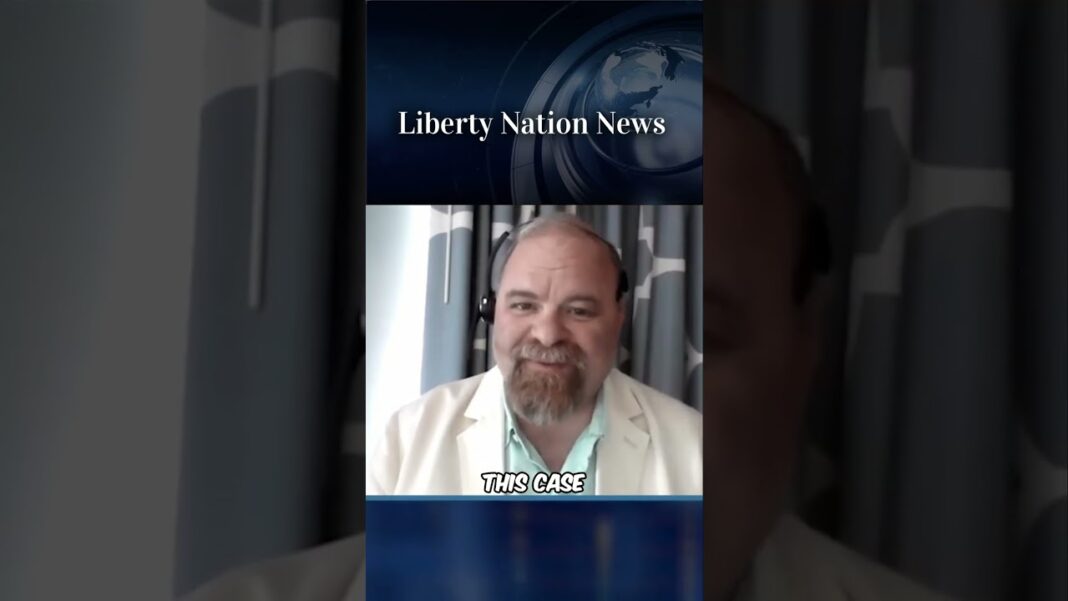Policies on passport gender markers and gender dysphoria in the military were blocked by lower courts, but the Supreme Court has intervened.
President Donald Trump’s return to the White House came with a flurry of executive orders, and among them were some that impacted how the government addresses transgender issues.
Here’s what to know about a few of Trump’s policies, and the way the courts have handled them.
| Passports and Government Documents |
| In the Military |
| Gender Surgeries in Children |
Passports and Government Documents
On his first day in office, Trump issued a wide-reaching executive order with the stated intent to defend women from “gender ideology extremism” that allowed “men to self-identify as women and gain access to intimate single-sex spaces and activities designed for women, from women’s domestic abuse shelters to women’s workplace showers.”
The order provides a definition of “male” and “female” based on which reproductive cells an individual produces, and mandates that sex markers on official government documents must match the holder’s biological sex.
That meant individuals could no longer use “X” as a sex identification marker.
Ash Orr and other transgender-identifying plaintiffs—backed by the American Civil Liberties Union and activist groups—sued in February. The policy, they alleged, was discriminatory, unconstitutional, and motivated by “animus” toward transgender Americans.
In April, Judge Julia Kobick of the U.S. District Court for the District of Massachusetts ruled in favor of Orr, but initially the ruling applied only to the plaintiffs in the case.
In June, she expanded the block nationwide; in September, the U.S. Court of Appeals for the First Circuit declined to halt that decision while the government appeals.
That same month, the government filed for an emergency stay of the lower court decision; this week, the Supreme Court granted it, pending the ongoing appeal.
“Displaying passport holders’ sex at birth no more offends equal protection principles than displaying their country of birth—in both cases, the Government is merely attesting to a historical fact without subjecting anyone to differential treatment,” the brief, unsigned order reads.
Justice Ketanji Brown Jackson issued a dissent, joined by Justices Sonya Sotomayor and Elena Kagan.
Jackson criticized the majority for the brevity of their order, saying that the plaintiffs will suffer immediate harm as a result.
“The Government seeks to enforce a questionably legal new policy immediately … while the plaintiffs will be subject to imminent, concrete injury if the policy goes into effect,” she wrote.
“The documented real-world harms to these plaintiffs obviously outweigh the Government’s unexplained (and inexplicable) interest in immediate implementation of the Passport Policy.”
In the government’s emergency application with the Supreme Court, U.S. Solicitor General D. John Sauer said that the district court injunction blocking the policy “has no basis in law or logic.”
Private citizens may not compel the government “to use inaccurate sex designations on identification documents that fail to reflect the person’s biological sex—especially not on identification documents that are government property and an exercise of the President’s constitutional and statutory power to communicate with foreign governments,” Sauer said.
The injunction harms the government by forcing it “to speak to foreign governments in contravention of both the President’s foreign policy and scientific reality,” Sauer said.
The passport policy does not discriminate on the basis of sex because it applies equally to everyone by “defining sex for everyone in terms of biology rather than self-identification,” Sauer said.
The Supreme Court has not yet agreed to take on the case fully, as it waits for the First Circuit’s ruling.








